News
3 institutions collaborate to improve communication for individuals with non-standard
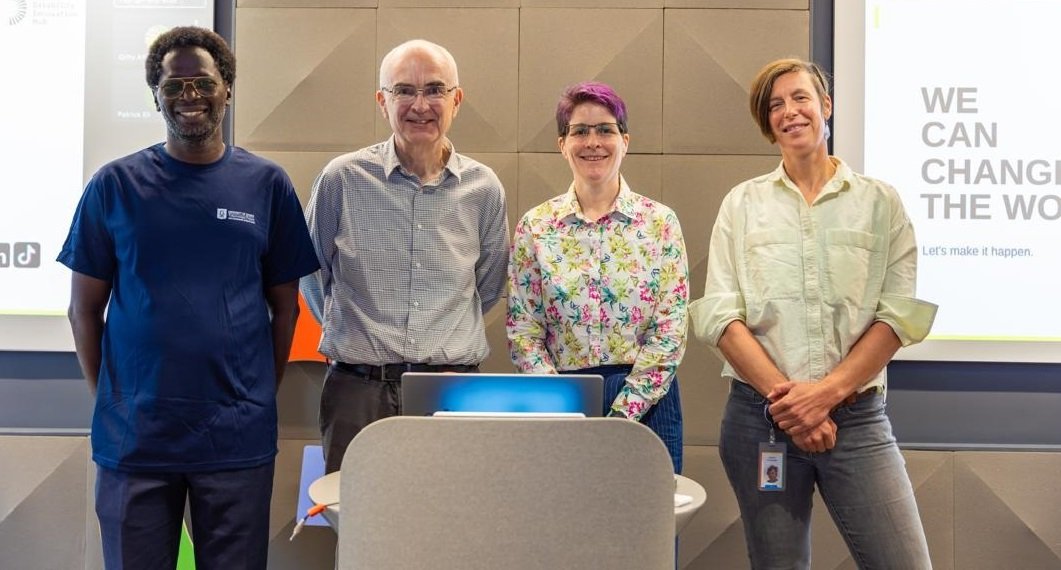
Prof Wiafe (left) with other speakers at the event
The University of Ghana (UG), Google Research Africa, and University College of London (UCL)’s Global Disability Innovation Hub (GDI Hub) have collaborated on an AI-based initiative to improve communication for individuals with non-standard speech patterns in Ghana.
Known as ‘tekyerema pa’ (Good Tongue) project, it aims to address the gap faced by many individuals with non-standard speech due to conditions like cerebral palsy, Amyotrophic Lateral Sclerosis (ALS) stroke, Down’s syndrome, or parkinson disease
ALS is a rare, fatal disease that causes the progressive loss of nerve cells in the brain and spinal cord that control voluntary muscle movement.
The project is supported by a $40,000 grant from Google with research expertise from UCL’s GDI Hub provided through the AT2030 programme.
At a media briefing in Accra on last Friday, Prof. Isaac Wiafe, Project Lead and an Associate Professor, University of Ghana, said the project was focused on improving AI-powered speech recognition technology for five major Ghanaian languages, marking a significant step in making communication more inclusive for all.
The five Ghanaian languages were Akan, Ewe, Ikposo, Dagaare and Dagbani.
He explained that current software programmes or hardware devices that converts spoken words into a readable text format known as Speech Recognition Technologies often struggle to accurately interpret.
Prof. Wiafe said “we are thrilled to lead this important initiative, which reflects our commitment to using technology to solve real-world challenges.
By developing localised AI solutions, we can ensure that more Ghanaians have the opportunity to communicate effectively, regardless of their speech patterns.”
A Senior Research Scientist, Google Research, Katrin Tomanek, said the project reflected Google’s ongoing commitment to supporting AI research in Africa and ensuring that technological advances benefit everyone, regardless of how they speak.
She said the project builds on continuous research in making Automatic Speech Recognition (ASR) more accessible with the hope of using the insights from their work in project Euphonia to help local researchers create Automatic Speech Recognition (ASR) models for local languages.
She said the collaboration will not only benefit individuals in Ghana but also provide valuable insights for global AI development adding, that it will lay the foundation for future language models and collection in Africa.
By Jemima Esinam Kua
News
Oguaa goes gay with Fetu Afahye
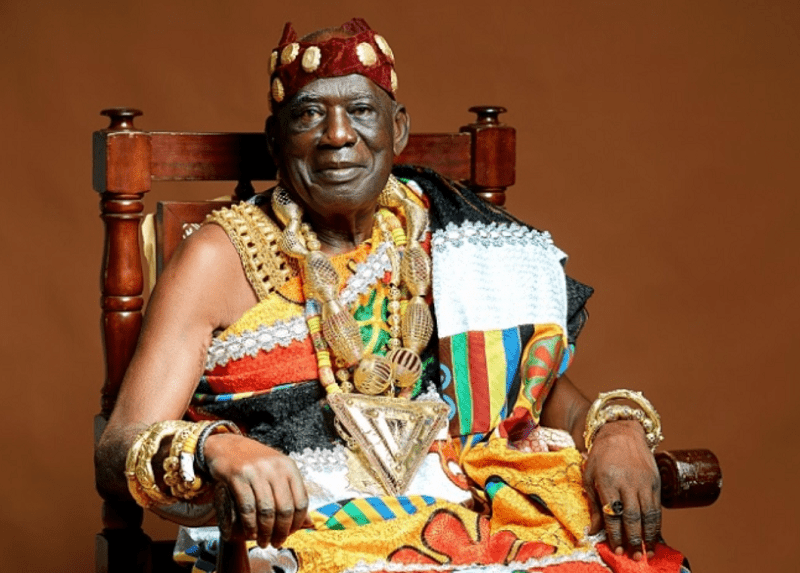
The ancient city of Cape Coast, one of Ghana’s historical cities, witnessed a showcase of the rich cultural heritage of the Oguaa people with an exciting, colourful, and traditional event to mark the celebration of the 61st annual Fetu Afahye.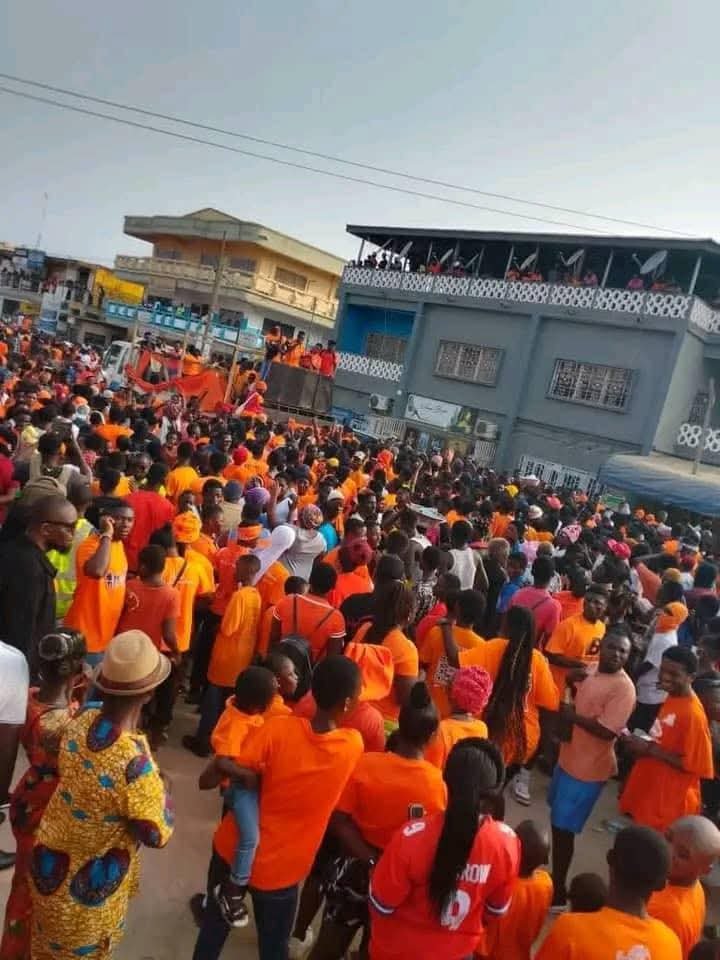
Themed “Innovate to elevate: Harnessing the creative economy for sustainable growth”, the festival featured a vibrant lineup of events, interspersed with several cultural performances showcasing the traditions which depict the traditional, historical and ancestral heritage of the land.
It witnessed a colourful procession of chiefs and various Asafo companies from the Mfantsipim School junction through the principal streets of the town to the Jubilee Park, accompanied by drumming and traditional dances.
The chiefs and members of the asafo companies were adorned in regal attire symbolising the pride and unity of the community.
Fetu Afahye demonstrates Oguaa’s resilience, unity, and cultural pride as the town welcomed indigenes both within and outside, as well as people from far and near, desirous of participating in the festival.
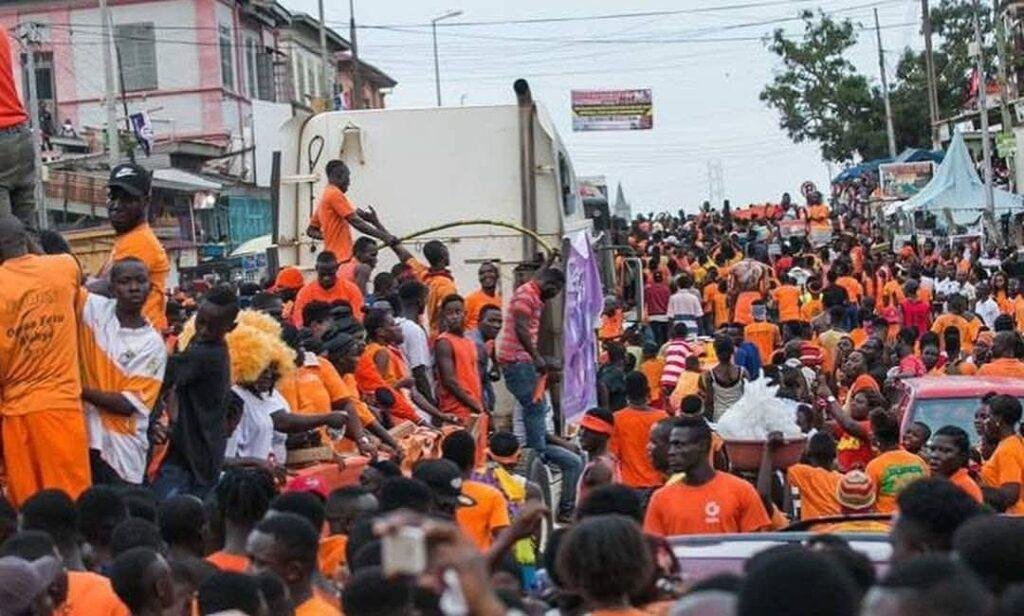
Various public spaces, including eateries and pubs, attracted patrons, and streets within the town witnessed bustling events with music blaring from the loudspeakers that had been placed by the roadside.
Bakatue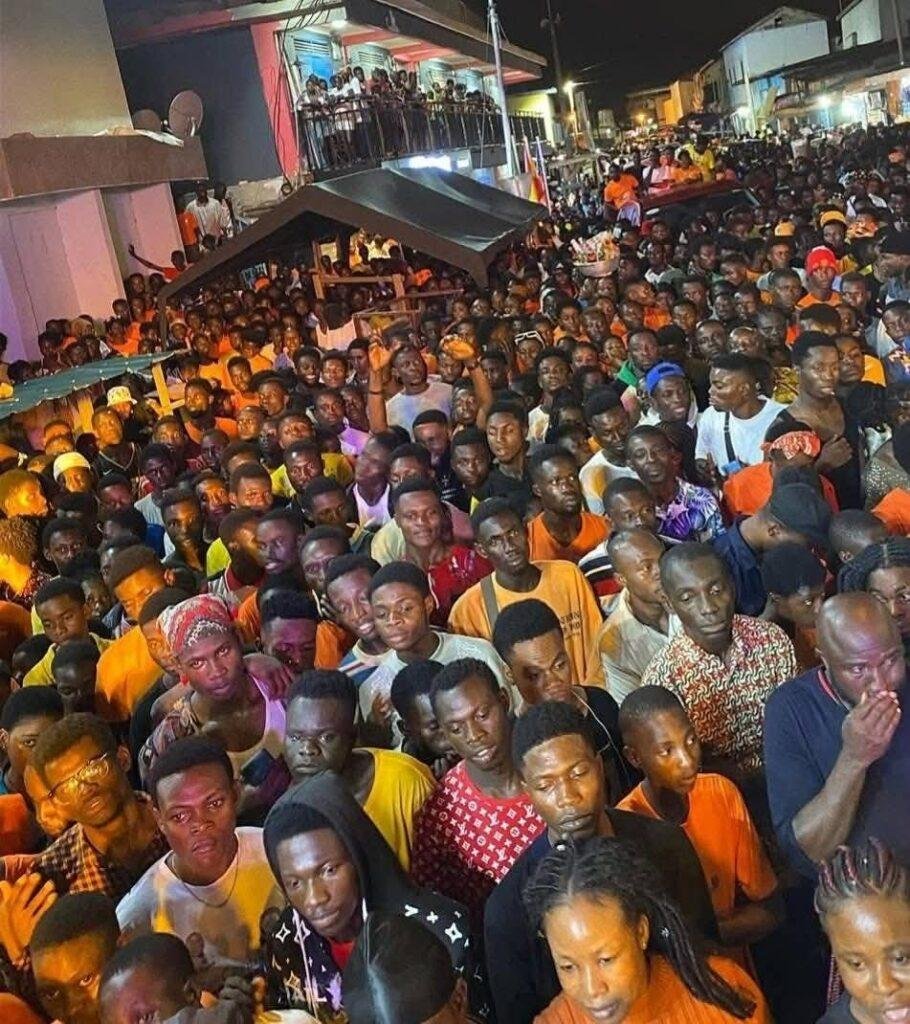
Prior to the durbar was the Bakatue regatta, a canoe race on the Fosu Lagoon, organised by ATL, a campus-based radio station located within the University of Cape Coast (UCC) in collaboration with the Oguaa Traditional Council.
The event saw a thrilling spectacle as the three Asafo companies, Nkum No. 4, Bentsir No. 1, and Anaafo No. 2, battled aggressively on the Fosu Lagoon. Nkum No. 4 earned nine points to clinch the trophy, medals, and a cash prize. They were followed by Anaafo No. 2 with five points, while Bentsir No. 1 finished third with four points.
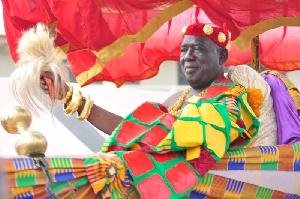
Orange Friday
Friday witnessed what has come to be known as the biggest street carnival in Ghana, known as ‘Orange Friday.’
It drew hundreds of people across the country. Clad in orange attires, the patrons gathered and moved through the streets of the town, creating a gridlock.
The Paramount Chief of the Oguaa Traditional Area, Osaberimba Kwesi Atta II, at the durbar of chiefs to climax the festival acknowledged the unifying factor in relation to culture among Africans and stated the need for Africans to take their destinies into their own hands.
He explained that festivals such as Fetu Afahye offer an opportunity for Africans to remind themselves of the future by working hard and embrace the future in order not to be taken by events.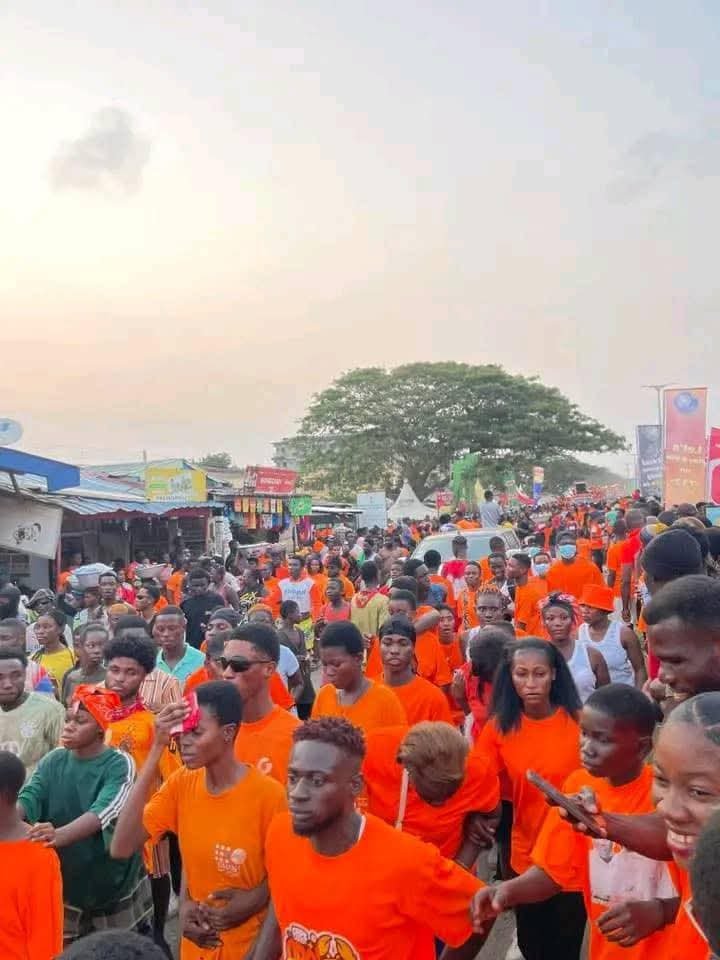
The Vice President, Prof. Naana Jane Opoku-Agyemang, in a speech read on her behalf, noted that the festival was far more than a ritual or an annual duty, saying, “It is an affirmation of an identity, a homecoming and a powerful testimony to the wisdom and fortitude of our forebears”.
In his remarks, the Special Guest of Honour, the Olu of Warri State in Nigeria, Ogiame Atuwatse III, indicated that, the only thing holding Africans back was Africans themselves, which he said, was in the area of an African identity, and acting on that identity.
From David O. Yarboi-Tetteh, Cape Coast
Join our WhatsApp Channel now!
https://whatsapp.com/channel/0029VbBElzjInlqHhl1aTU27
News
Chief Imam issues disclaimer on unauthorised petitions
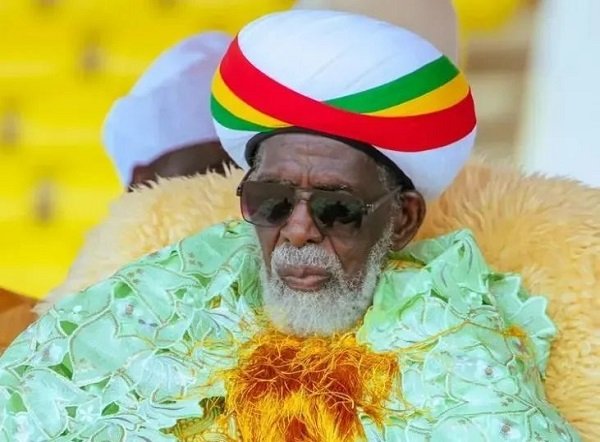
The Office of the National Chief Imam has warned Muslim organizations and individuals against issuing statements and petitions to the Government in his name without permission.
In a statement, the Chief Imam said he had observed that some groups had been circulating petitions, including a recent one on Hajj, using his name without authorization.
He stressed that such actions were unlawful and cautioned those involved to stop or face the law.
The Chief Imam reminded the public that on October 4, 2022, he, together with the National Imams of all Muslim sects, signed a deed and presented it to the Government at the Jubilee House.
The agreement recognised the National Muslim Conference of Ghana as the official body representing Muslims in their dealings with state institutions.
He urged that any petitions meant to be sent to the Government in his name should go through the National Muslim Conference of Ghana with the approval of the Advisory Board of his office.
By: Jacob Aggrey








